NRF calls for increased support for brain tumour patients and their families
The NRF has pledged to help fund the creation of a dedicated Brain Tumour Support Coordinator and is helping facilitate the campaign to establish this role in SA.
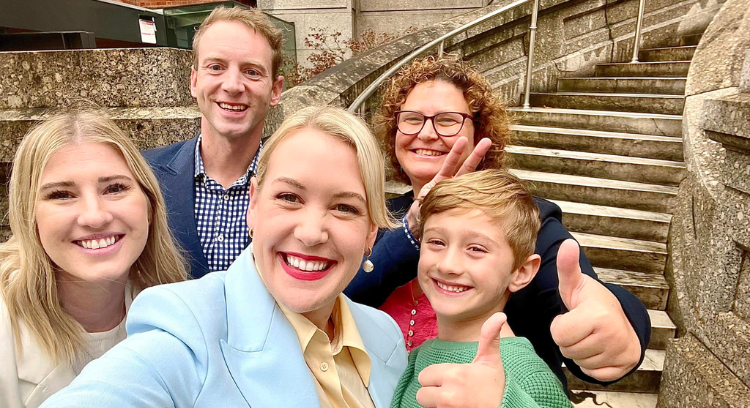
Imagine receiving the devastating news that you or your loved one has a brain tumour. Suddenly faced with an uncertain future filled with medical appointments, treatments and unsure where to turn for timely and accurate information and support?
This is the reality faced by hundreds of South Australians every year. That is why the Neurosurgical Research Foundation has committed to funding $25,000 a year over three years to help establish a South Australian Brain Tumour Coordinator.
SA is currently the only state in Australia without this support role, which would help brain tumour patients and carers navigate their complex medical journey and access vital resources and services available to them.
The NRF contacted every neurosurgeon in the state and they have unanimously provided their support for the creation of such a role.
On Sunday, NRF Executive Officer Ginta Orchard joined Brave for Dave Founder Chloe Drogemuller-Fiebig, Ashton Hurn - Member for Schubert and State Liberal Leader David Speirs to ask the SA Government to fill the funding shortfall to help establish this role in SA.
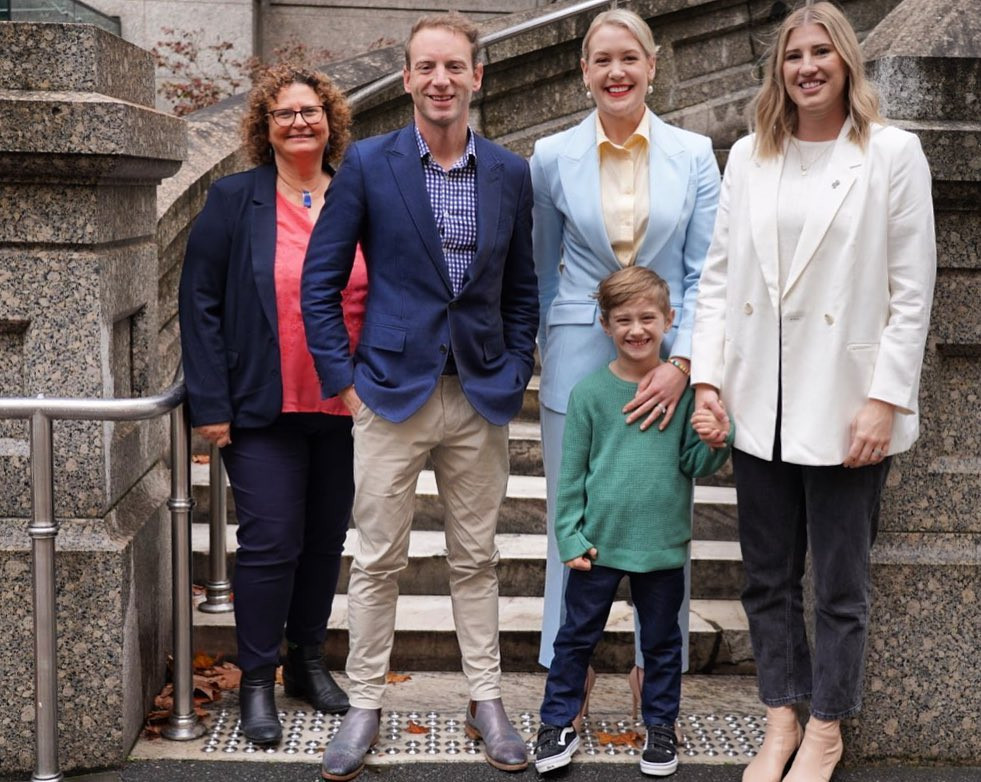
Pictured L-R - NRF Executive Officer Ginta Orchard, State Liberal Leader David Speirs, Ashton Hurn - Member for Schubert, Brave for Dave Founder Chloe Drogemuller-Fiebig and her son Duke.
NRF Executive Officer Ginta Orchard said the role would include helping patients access clinical trials and research, as well as providing practical assistance such as applying for government services or palliative care.
"There are actually now quite a few services available for families but they're just not getting the information when they need it the most" she said.
"Or if they are getting the information, they haven't got the time or ability to make those phone calls."
She emphasised that many families receive access to NDIS support much too late, just days or weeks before their loved one passes.
By improving the coordination of care and support for patients and families, this role would also help reduce the cost to the health system by reducing duplication of services, unnecessary clinical appointments and emergency department presentations.
Watch the Channel 7 News Coverage:
Chloe's husband, Dave Fiebig 41, was diagnosed with glioblastoma, an aggressive brain tumour, in 2021 and died seven months later. In that time Chloe became her husband's primary carer while also caring for their two young children, aged four, and three months.
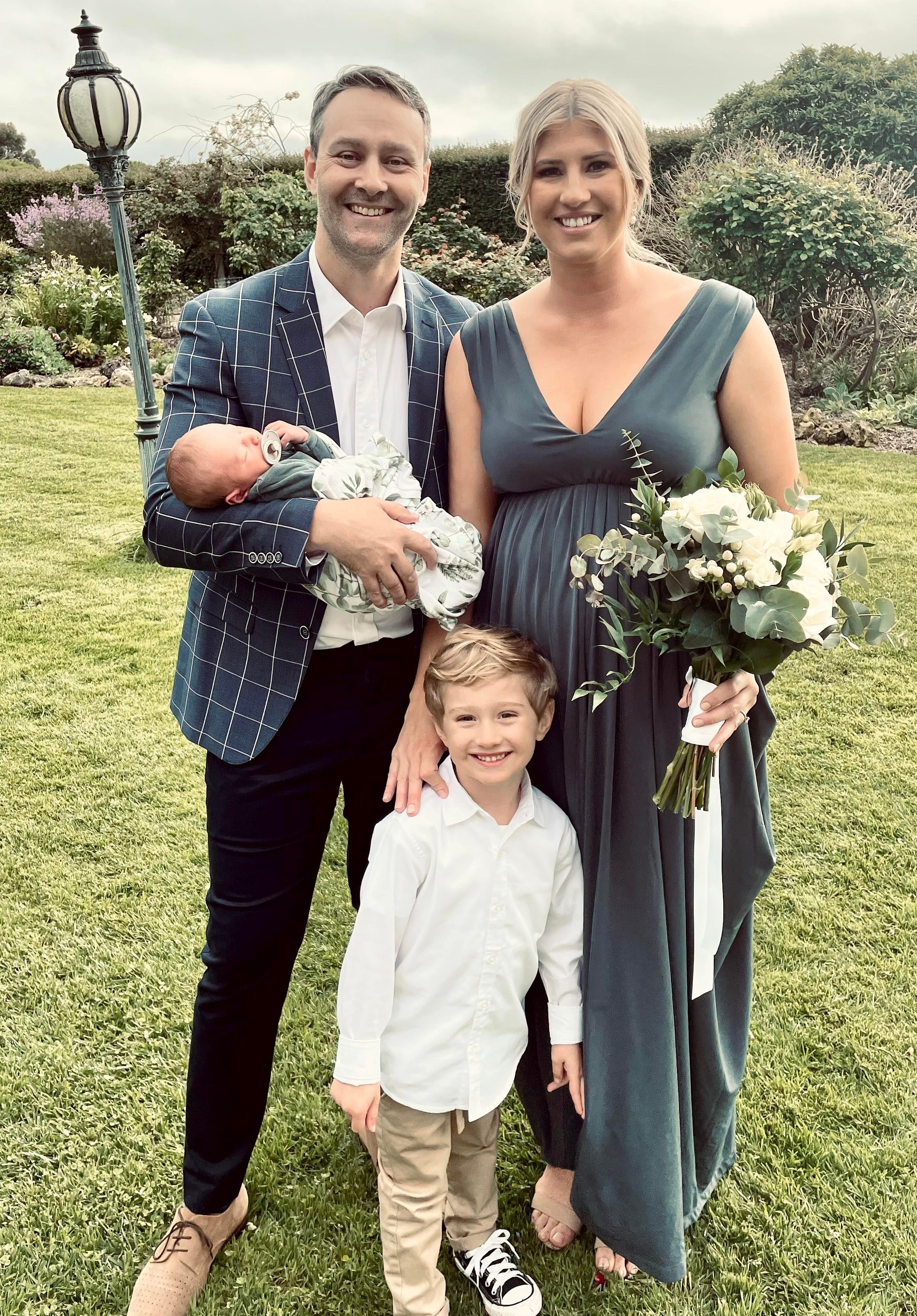
"Not only were we trying to deal with a heartbreaking, terminal diagnosis but we were trying to navigate what is such a complex and unrelenting cancer. Having a brain tumour coordinator would help alleviate some of that pressure and take some of that burden away of the families and these patients."
"And for those patients who can't cognitively understand what is happening to them, having that person there to guide them through that process will make a world of difference."
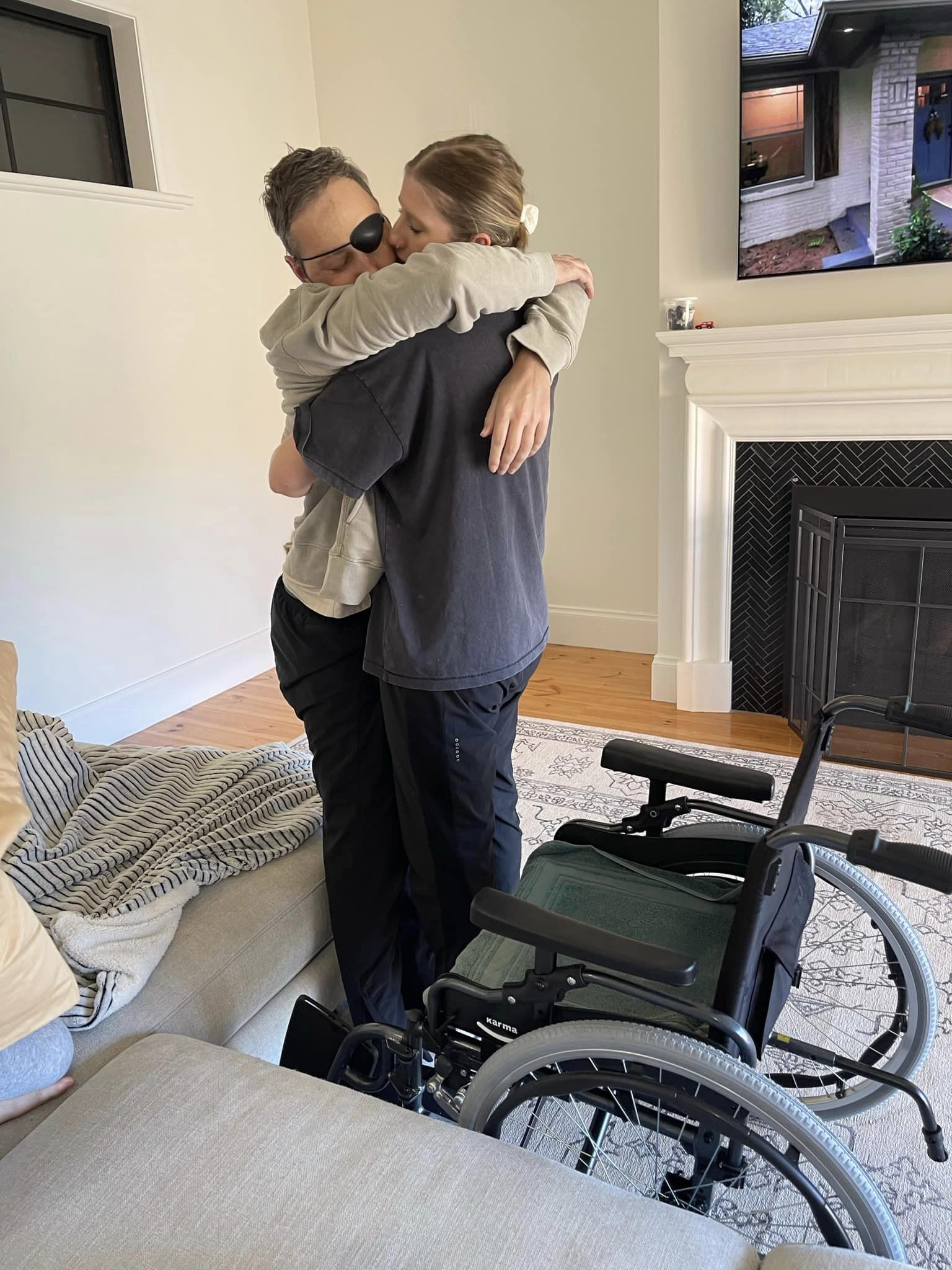
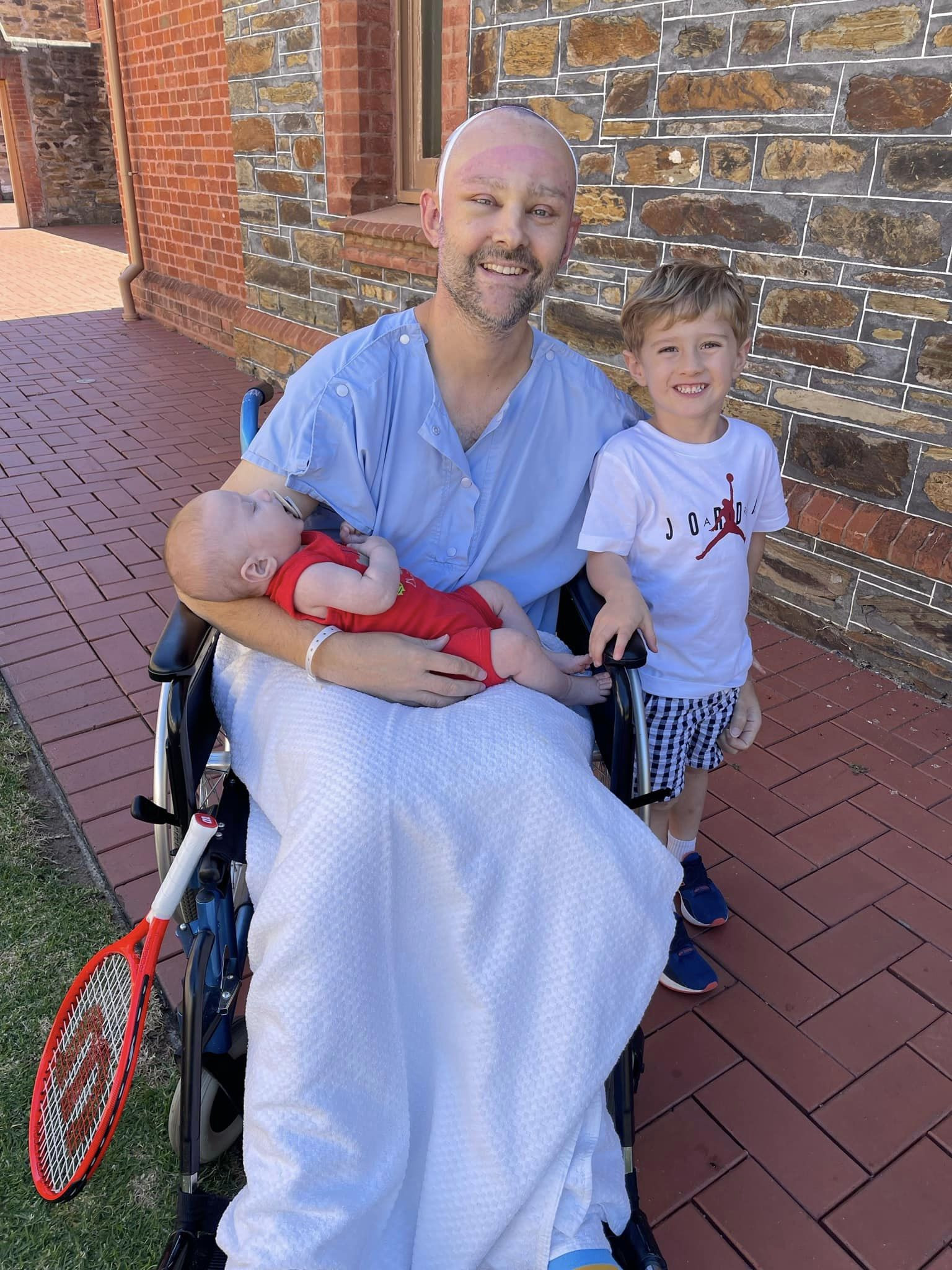
"Öur experience is something you think you will never have to go through as a family, to see your loved one suffer so much is heartbreaking and overwhelming."
Chloe established the Brave for Dave Foundation to raise awareness of and funds for brain cancer, and is now fighting to support families going through the same heartbreak. She says patients "need the support now and needed it yesterday".
"Other states do that really well with the brain tumour nurse or coordinator that they have in place, so to be the only state that doesn't have that — it's time we step up for our patients here in SA."
All of the research and services supported by the NRF are 100% funded by your donations, thank you for your generosity.
DONATE TO BRAIN TUMOUR RESEARCH




